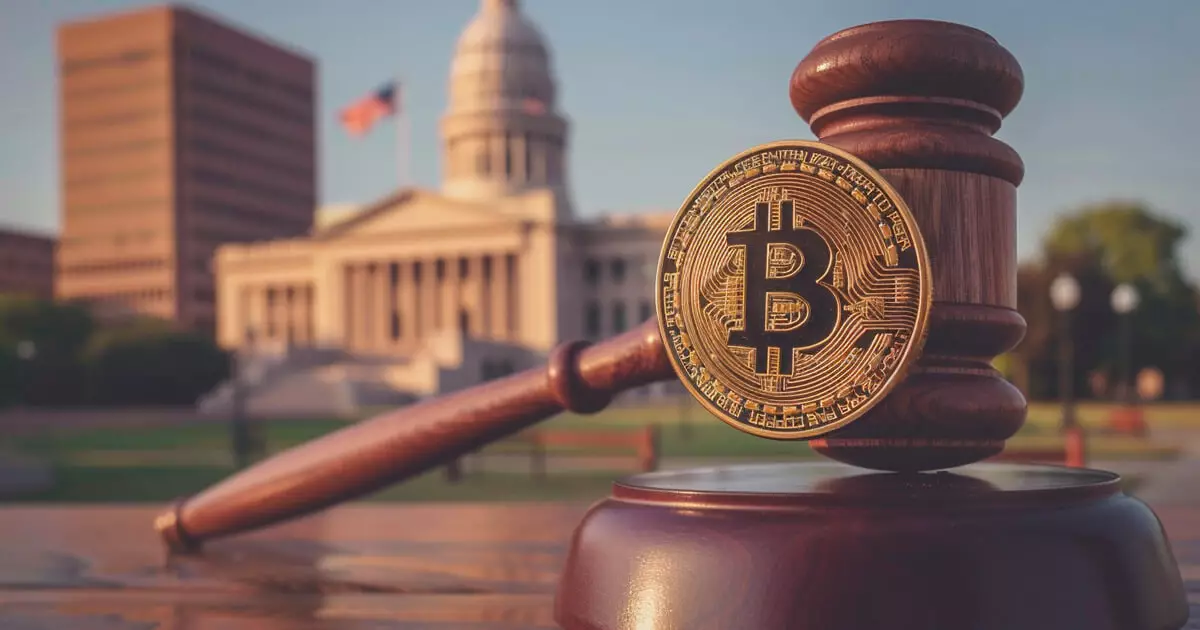In a groundbreaking move, Oklahoma has passed a bill that legally protects the right to self-custody Bitcoin, setting a precedent for other states to follow. The bill, known as HB3594 or the ‘Bitcoin Rights’ bill, was signed into law by Republican Governor Kevin Stitt, ensuring that residents can hold, control, and use digital assets without interference from the state.
The newly established law not only guarantees the right to self-custody Bitcoin but also allows for the spending of Bitcoin and other digital assets, mining activities, and running a node. Additionally, it prohibits the imposition of extra taxes on Bitcoin transactions and eliminates the need for Bitcoin miners and digital asset validators to obtain a money transmitter license.
The passage of the bill was made possible in part by the efforts of the non-profit Satoshi Action Fund and the Oklahoma Bitcoin Association, who played critical roles in advocating for the legislation. The organizations worked tirelessly to educate lawmakers about the benefits of Bitcoin and digital assets, ultimately contributing to the successful passage of the bill.
The passage of HB3594 reflects a broader trend of increasing political interest in digital assets, with Democrats and Republicans taking differing stances on the issue. While Democrats often highlight potential risks associated with crypto, Republicans argue against regulations that they believe may stifle innovation. However, as technology continues to evolve, perspectives on crypto are beginning to transcend traditional partisan divides.
The significance of Oklahoma’s Bitcoin Rights legislation cannot be understated. By codifying the right to self-custody Bitcoin into law, Oklahoma has set a major precedent that may be emulated not only by other US states but also by nations around the world. The legislation sends a powerful message that the right to access and self-custody Bitcoin and digital assets must be protected to ensure a prosperous future for all.


Leave a Reply